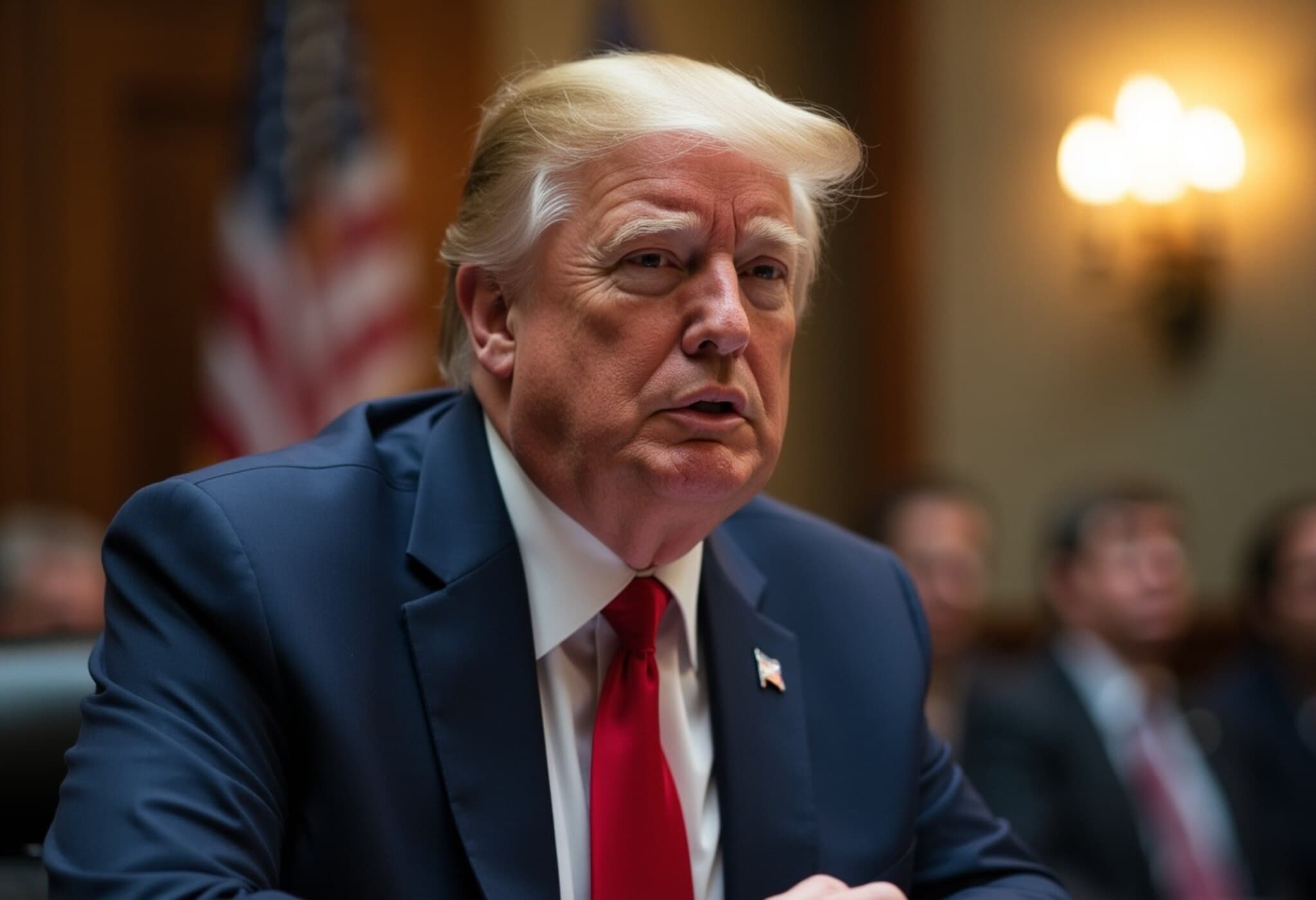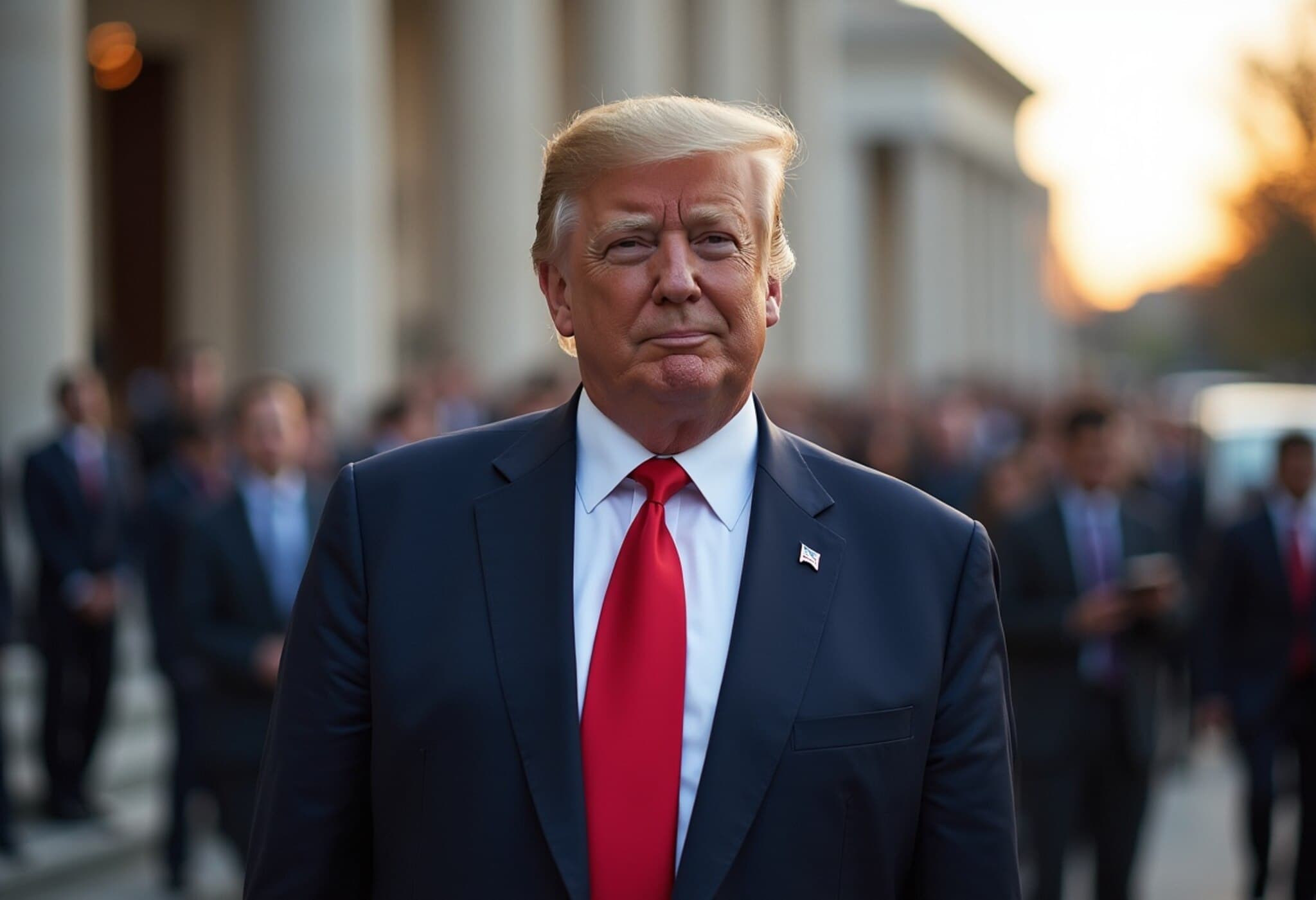Federal Judge Pauses Deportation Amid Legal Challenges
On Friday, a US federal court temporarily blocked the deportation of eight individuals destined for South Sudan, citing the need to review legal arguments brought forth by their attorneys. This order came just a day after the Supreme Court had granted permission for their removal, igniting renewed debates over due process under an 18th-century wartime statute invoked by the prior administration.
Background and Legal Context
District Judge Randolph Moss convened an unusual hearing on the Fourth of July, pressing the government to clarify whether a prior Supreme Court ruling on due process rights should apply to the current deportations. The cases in question involve immigrants not originally from South Sudan—a nation embroiled in civil war and widely advised against travel by the US government due to safety concerns.
Detainment and Initial Deportation Attempts
The government had transported these individuals to Djibouti but was unable to proceed further after a Massachusetts court blocked their deportation, emphasizing that immigrants must be granted a court hearing before being sent to a new country. Despite this, the Supreme Court last month vacated the state court’s ruling, followed by a clarifying order allowing removal to South Sudan.
Emergency Legal Action and Temporary Stay
Responding swiftly, lawyers representing immigrants from varied countries including Laos, Mexico, Myanmar, and Vietnam filed an emergency request late Thursday to pause the deportations. Assigned to Judge Moss, the case led to his order granting the government time to respond and scheduling a hearing to examine these crucial due process questions.
Wider Implications and Next Steps
This temporary halt underscores the complex intersection of national security, immigration policy, and individual rights in cases involving conflict zones. As Judge Moss carefully considers the arguments, the decision highlights concerns over deporting individuals to unstable regions without comprehensive judicial review.
- Eight immigrants currently face removal to South Sudan
- None of them originally hail from South Sudan, which is in ongoing civil conflict
- The legal debate centers on an 18th-century wartime statute and due process rights
- The case followed a Supreme Court ruling favoring deportation but met with immediate legal pushback
As the federal court sorts through these issues, the outcome will have significant ramifications for immigration enforcement policies involving vulnerable populations caught in international upheaval.



















